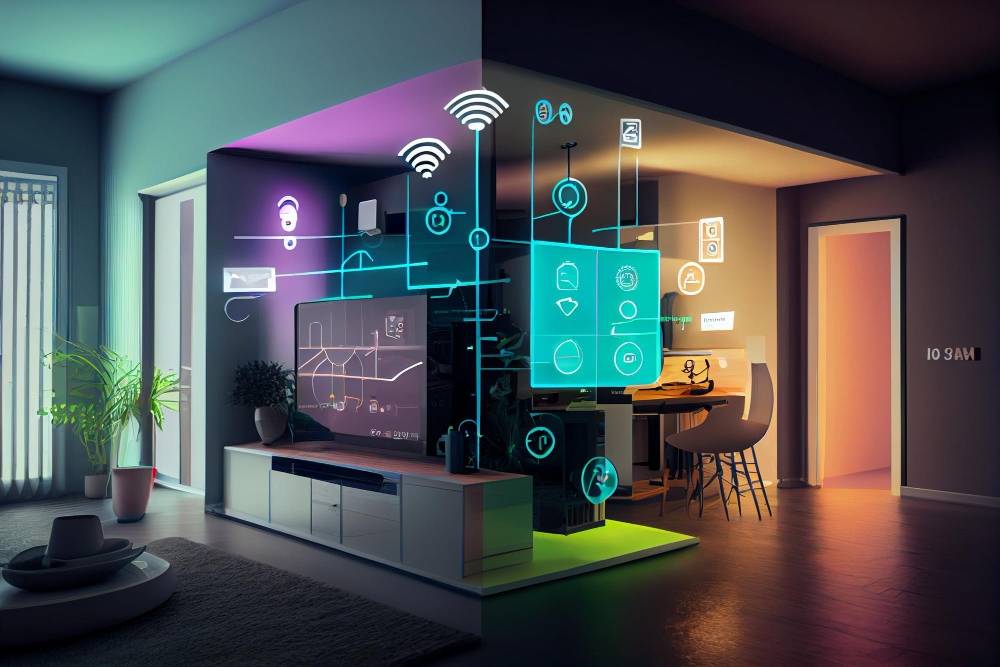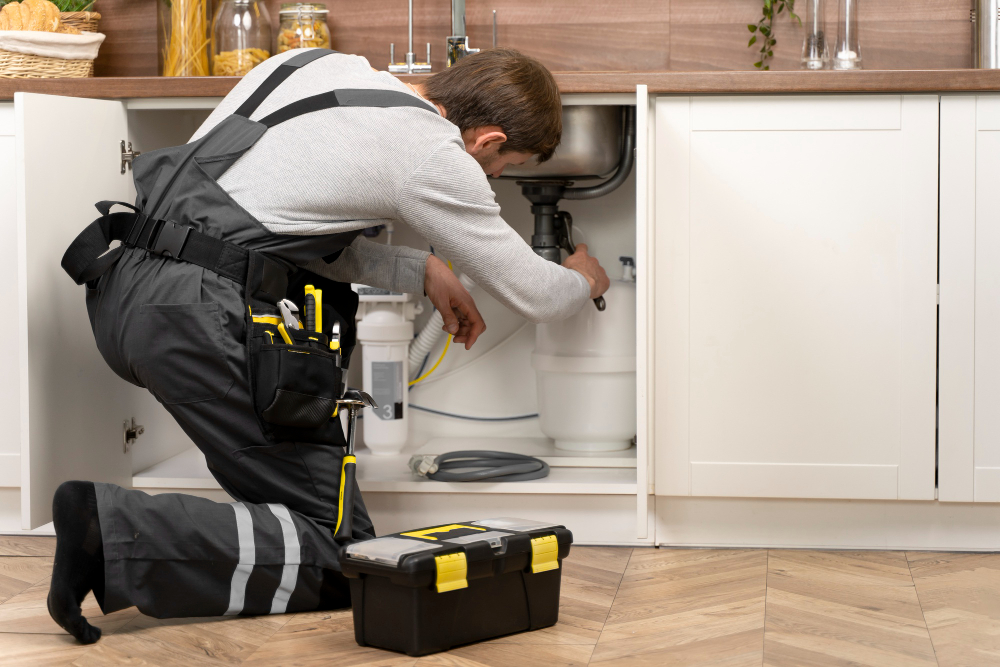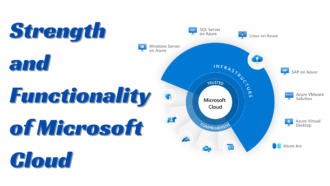How Smart Technology in the Home is Transforming Living Spaces into Intelligent Environments
- 1 How Smart Home Technology is Transforming Living Spaces
- 1.1 The Advent of Intelligent Lighting
- 1.2 Revolutionising White Goods and Appliances
- 1.3 Advancements in Plumbing and Heating
- 1.4 Innovative Window Treatments for Modern Homes
- 1.5 The Impact on Professional Life
- 1.6 Challenges and Considerations
- 2 Conclusion
The world of tech moves very quickly indeed. In recent years, the concept of a ‘smart home’ has transitioned from a futuristic fantasy into a tangible reality. Innovative technology in the home is reshaping how we interact with our living spaces, offering unprecedented levels of comfort, convenience, and energy efficiency. This article delves into how innovative technology revolutionises homes, touching upon innovations from intelligent lighting systems to advanced plumbing and heating solutions and even automated window treatments.
How Smart Home Technology is Transforming Living Spaces
The Advent of Intelligent Lighting
At the forefront of smart home technology are intelligent lighting systems. Gone are the days of simple on-off switches. Today’s smart bulbs and lighting solutions offer various features, including dimming capabilities, colour temperature adjustments, and even integration with home security systems. These lights can be controlled via smartphone apps or voice commands, allowing homeowners to customise their lighting preferences for different times of the day or specific activities, thereby enhancing both the aesthetic appeal and functionality of their homes.
Moreover, intelligent lighting systems contribute significantly to energy conservation. By adjusting brightness based on the time of day or occupancy, these systems ensure that energy consumption is optimised, leading to considerable savings on electricity bills and reducing the household’s carbon footprint.
Revolutionising White Goods and Appliances
Innovative technology has also significantly improved kitchen and laundry appliances, transforming them into sophisticated gadgets with enhanced efficiency and user-friendly interfaces. Refrigerators can now monitor their contents, suggest recipes based on the available ingredients, and even alert homeowners when they run low on essential items. Washing machines with intelligent capabilities can adjust water usage and cycle times based on the load, ensuring optimal cleaning while conserving water and energy.
These intelligent appliances are not only about convenience; they also play a crucial role in promoting sustainable living practices by minimising waste and maximising energy efficiency.
Advancements in Plumbing and Heating
Heating and plumbing systems, often overlooked aspects of home infrastructure, have undergone a remarkable transformation with the advent of innovative technology. Smart thermostats allow residents to precisely control the temperature of their homes, adapting to their schedules and preferences to ensure maximum comfort while reducing energy consumption. These devices can learn from homeowners’ habits and adjust settings accordingly, even predicting needs based on weather forecasts.
In plumbing, smart leak detectors and water management systems offer proactive solutions to prevent water waste and mitigate the risk of damaging leaks. By constantly monitoring water flow and pressure, these systems can identify anomalies that may indicate leaks, notify homeowners instantly, and, in some cases, automatically shut off the water supply to prevent further damage.
Innovative Window Treatments for Modern Homes
An often underrated yet significant aspect of smart home technology is the automation of window treatments. Made-to-measure blinds and curtains can incorporate smart tech into the design and then be programmed to open and close based on the time of day, temperature, or sunlight intensity. This contributes to energy efficiency by regulating indoor temperatures naturally. Furthermore, automated window treatments enhance security by simulating occupancy when homeowners are away, adding an extra layer of protection against potential intruders.
The Impact on Professional Life
For professionals, integrating innovative technology into the home extends beyond mere convenience; it represents a paradigm shift in work-life balance. The ability to remotely control various aspects of the house, from security systems to climate control, means that professionals can focus on their work with the assurance that their domestic environment is managed efficiently. Smart home offices equipped with intelligent lighting, automated window treatments, and advanced climate control systems can also create an optimal work environment, boosting productivity and well-being.
Challenges and Considerations
While smart home technology offers many benefits, it also presents challenges regarding data security and privacy. As homes become more connected, the risk of cyberattacks and data breaches increases. Therefore, manufacturers and homeowners must prioritise robust security measures to protect sensitive information.
Moreover, the initial cost of installing smart home technology can be prohibitive for some. However, the long-term savings in energy bills and the potential increase in property value often justify the upfront investment.
Conclusion
Innovative technology in the home is more than a luxury; it is a comprehensive approach to modern living that enhances comfort, convenience, and security while promoting sustainable practices. As this technology continues to evolve, it promises to further integrate into our daily lives, making an intelligent, connected home a universal standard rather than an exceptional novelty. For professionals and homeowners alike, embracing innovative technology represents a forward-looking step into a more efficient, sustainable, and comfortable future.



















